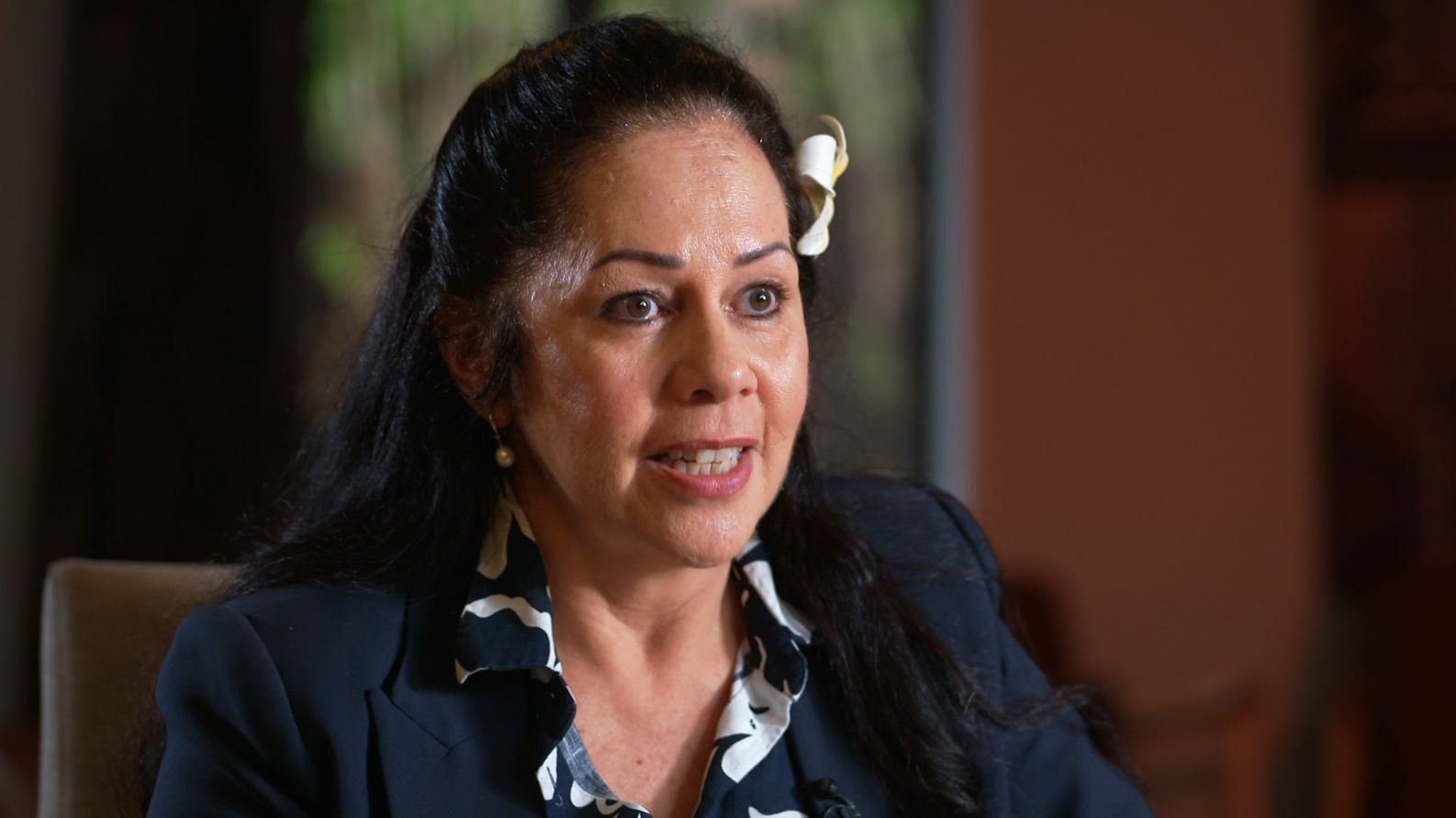As the Royal Commission of Inquiry into Abuse in State and Faith-based Care winds down, attention turns to what comes next.
It’s a part of New Zealand’s history that is both shameful and horrific – children, young people and adults who should have been safe in state or faith-based care were abused and neglected.
One hundred and Thirteen Pacific survivors were part of those who shared their experiences in the Royal Commission of Inquiry into Abuse in Care which began back in 2018.
The final report from that inquiry was tabled in Parliament last month.
Maori and Pasifika endured higher levels of physical abuse than other ethnicities…
Moeapulu Frances Tagaloa was one of the Pacific voices in the inquiry. She suffered sexual and emotional abuse between the ages of five and seven. Her abuser was Marist Brother Bede Fitton, also known as Frances Fitton, who taught at Marist Brothers Intermediate School in Ponsonby. He has since died.
Moeapulu was one of the many survivors who attended the tabling, as part of a hikoi to Parliament.
She says so many survivors wanted to be there to witness the historic event.
“This is their life, their trauma, their pain but also their dreams and their hopes for the future. And so they wanted to be there when we were tabling the final report,” she s says.
“It was like a meaalofa when we were giving of the government our lives, and saying this is our trauma. This is our lives. Now it is your turn to take action.”
Another witness at the inquiry was “Ms CU”. She spoke at the Inquiry about the abuse endured by niece. Ms CU spoke anonymously as her niece was a minor at the time of the Inquiry. The report being published, has brought up again the trauma of the abuse her niece suffered.
“To be honest, Like I said, I can only take amounts of it, certain bursts at a time,” she says.
“So when it was tabled in Parliament; lots of deep breaths. There was a sense of pride in all of the people who came forward, the survivors. A sense of accomplishment in that stories have been told. and they can’t be hidden anymore.”
The inquiry held nine fono and talanoa around the country and 113 Pasifika spoke of abuse in state and faith based care.
Lusi Faiva has cerebral palsy and she shared her experiences at the inquiry of her time at Kimberley Centre, a state care institution in Levin. One of the key findings was that many residents suffered severe and chronic abuse and were often left for 80% of the time without any activity.
For Lusi, she was also robbed of her cultural identity, and so the final report is a relief for her.
“I’m really happy to hear it’s here, finally… to share my story in a way I could.” she says.
The inquiry made 138 recommendations and Moeapulu says each and every one of them needs to be put in place. One of the key recommendations is a new care agency
“We have a worksafe that keeps our employees safe. But we don’t have anything that keeps our children or vulnerable, safe.
“And that’s one of the recommendations to have this type of care safe agency that would monitor all of the care agencies. That would help create standards of care and then help those institutions know what they need to do to keep their children and vulnerable safe.”
Prime Minister Christopher Luxon has promised an apology will be given in November this year, which Moeapulu says must be meaningful.
“Survivors want an apology. Some survivors are very hesitant about that apology. Because we’ve had lots of apologies before and they’ve come to nothing,” she says.
“So this apology that the government is going to do in November needs to be substantial. It needs to have the sort of commitments that the government is going to undertake as a part of that apology.
“And that’s what our survivors are going to be looking for. It will be a waste of time if it doesn’t, it will fail if it doesn’t have anything like that.”











